Iran Launches Missile Assault on Israel After U.S. Strikes on Nuclear Sites
- by Sarah, Washington, RNG247
- about 2 months ago
- 68 views
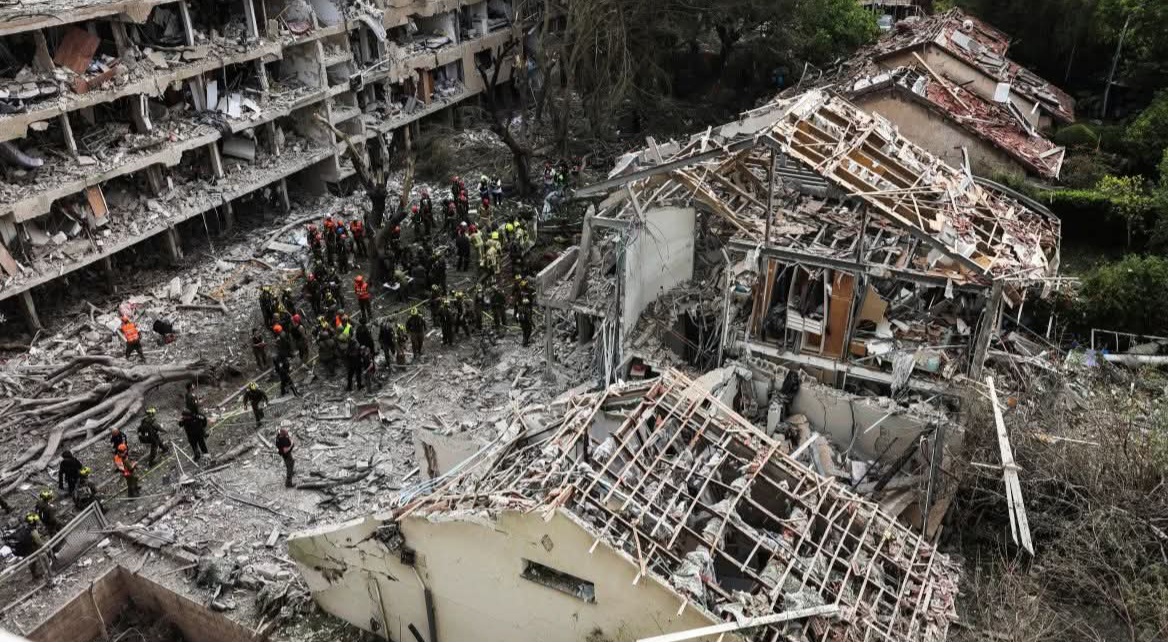
In a rapid escalation of tensions in the Middle East, Iran launched a series of missile attacks against Israel just hours after the United States targeted critical Iranian nuclear facilities. The coordinated assaults have plunged the region into a state of heightened alert and uncertainty.
Loud explosions echoed through Israel’s coastal heartlands of Tel Aviv and Jerusalem on Sunday, triggering sirens and sending residents rushing to shelters. Israeli military sources confirmed that incoming missiles had been intercepted by air defenses, which were activated in response to the barrage. Rescue services and media reports indicated that at least 20 individuals sustained injuries amid the chaos.
Early reports from Israeli police detailed the fall of missile fragments near Haifa, a key northern port city that has frequently borne the brunt of past attacks. Authorities dispatched emergency teams to investigate what officials termed an “accident site,” amid fears of additional impacts.
The towns of Tel Aviv, Haifa, and Beersheba—cities that have historically been frequent targets—were among the most affected. The Israeli military maintains tight control over information related to the strikes, under strict censorship rules, but official reports acknowledge a minimum of 50 missile impacts across the country since the conflict’s escalation began on June 13. The violence has so far resulted in 25 fatalities, with many more injuries and ongoing evacuations.
Iran’s military and government officials issued stern warnings, signaling potential for prolonged hostilities. Iran’s foreign ministry warned of “everlasting consequences” following President Donald Trump’s claims that U.S. forces had “obliterated” Iran’s nuclear sites in Isfahan, Fordow, and Natanz—targets that are central to Iran’s nuclear program. Despite the U.S. assertions, representatives of Iran’s National Nuclear Safety System Centre and the International Atomic Energy Agency (IAEA) confirmed there has been no detected increase in radiation levels after the strikes, indicating limited immediate nuclear fallout.
As international tensions mount, the region remains precariously poised on the brink of wider conflict, with both sides warning of dire repercussions. The coming hours and days are likely to determine the trajectory of this escalating confrontation, with diplomats and military leaders on high alert for further developments.



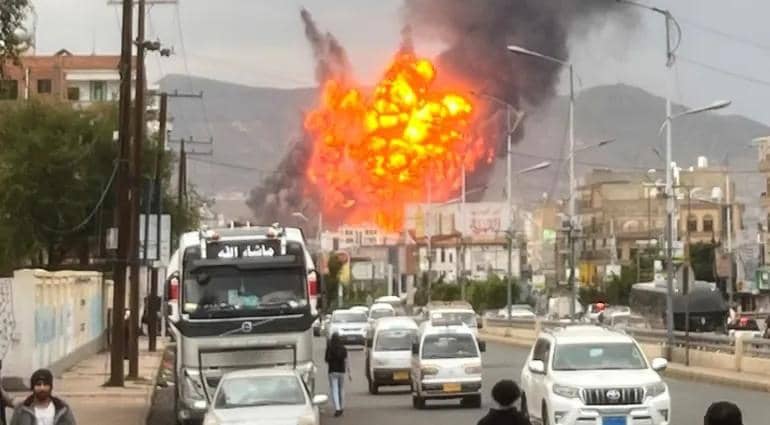
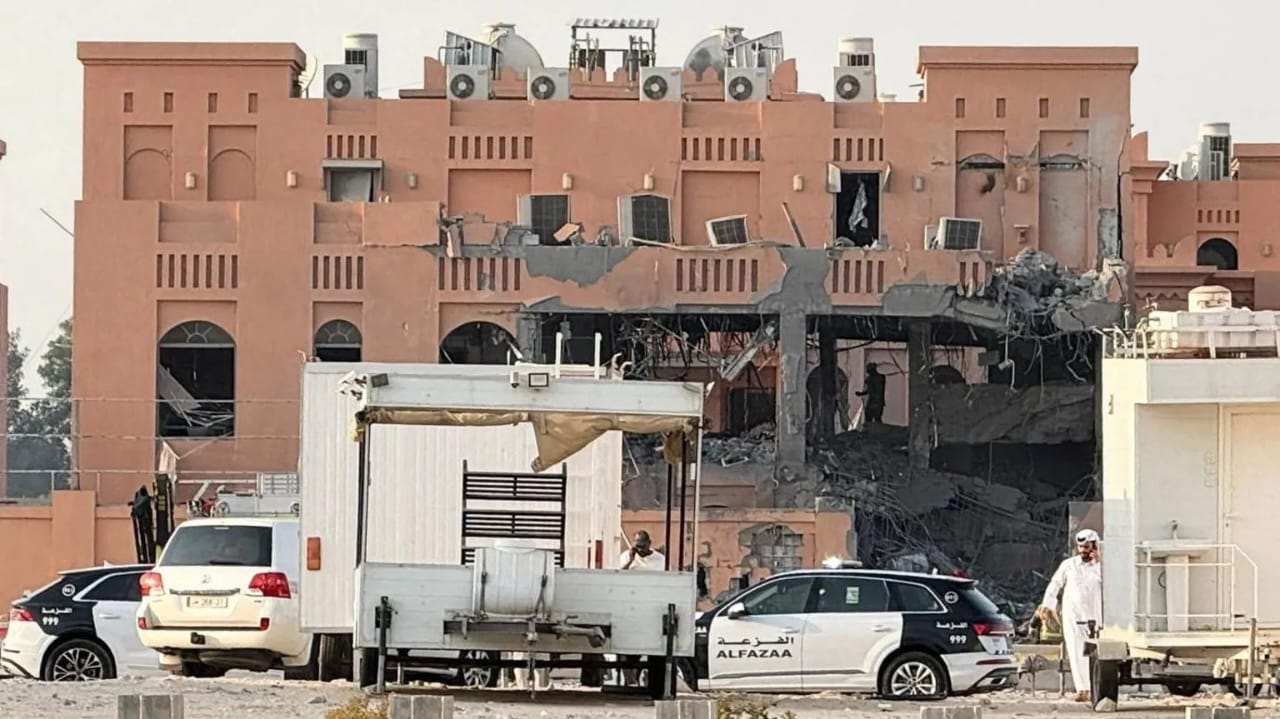
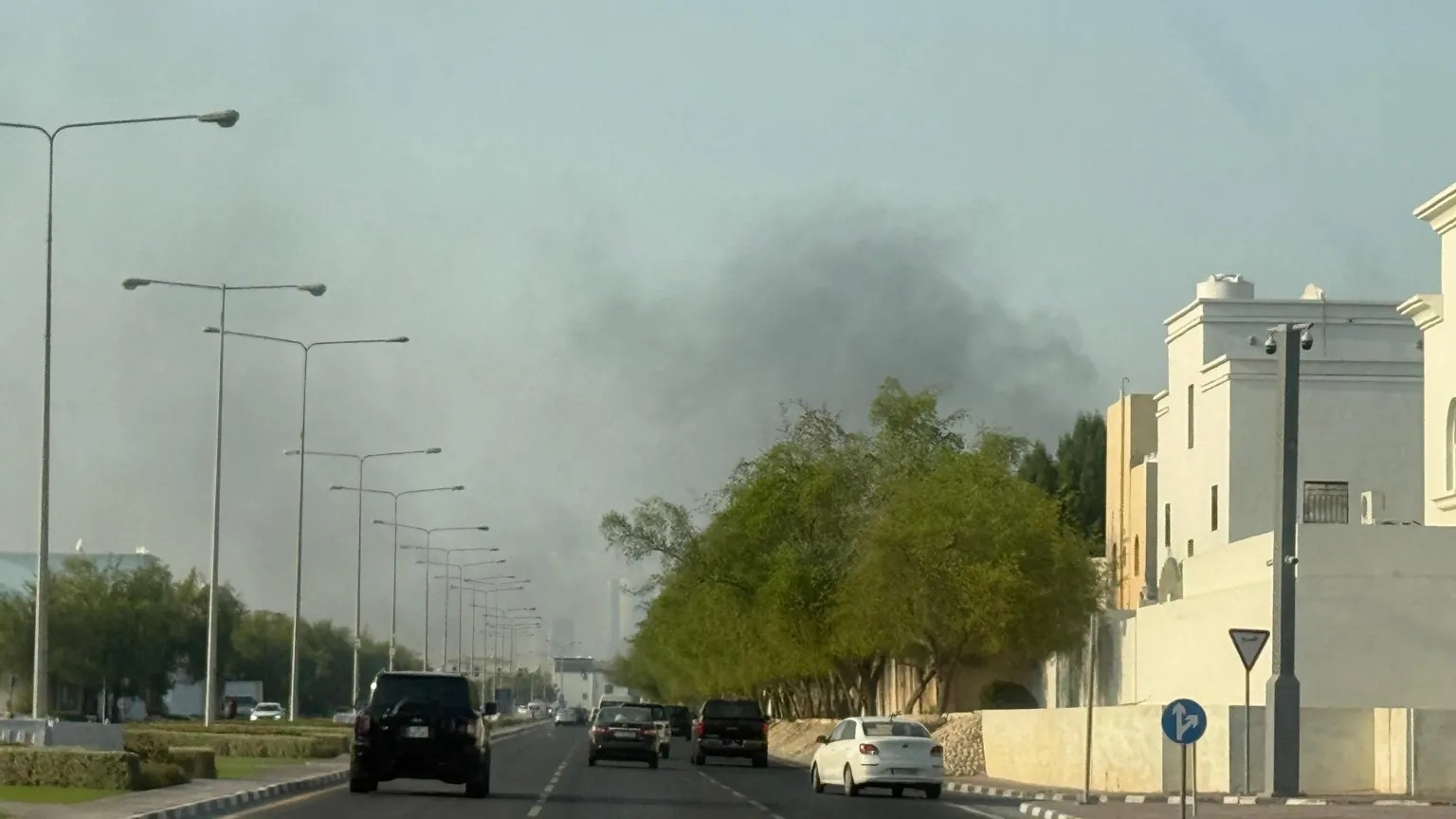

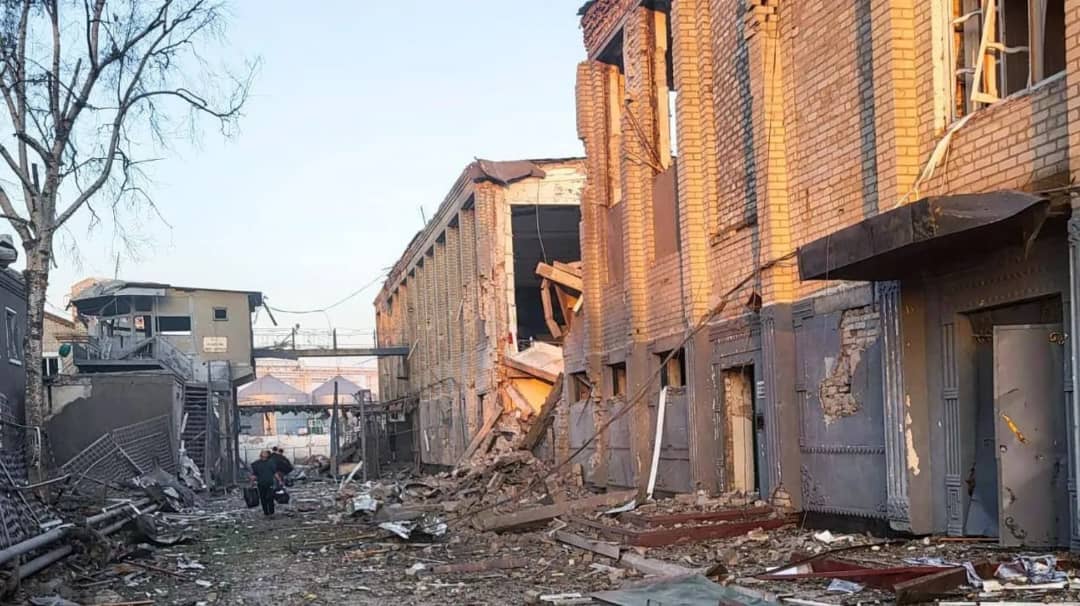
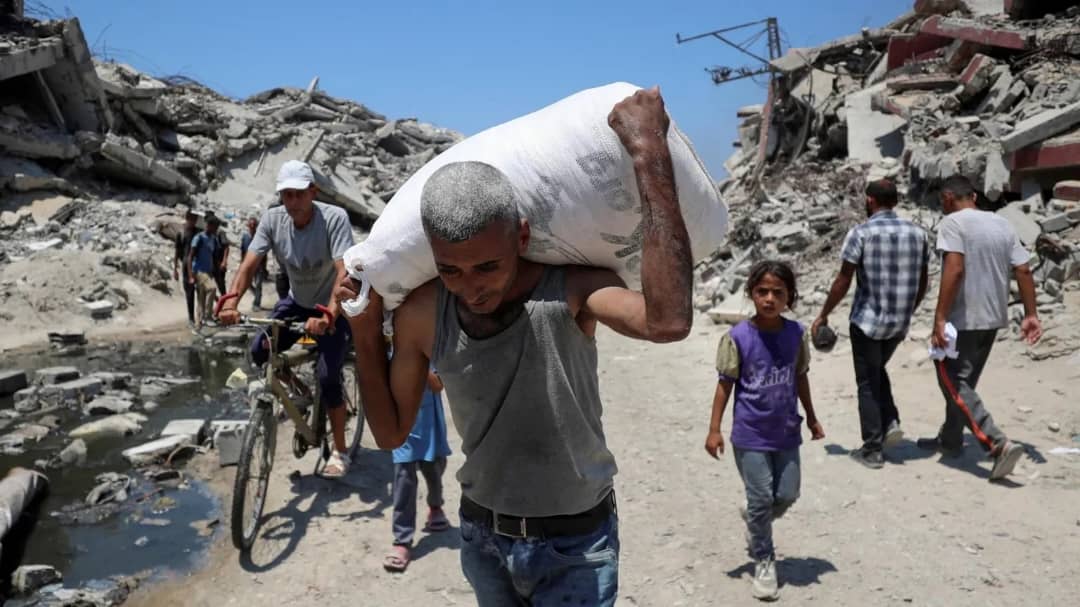


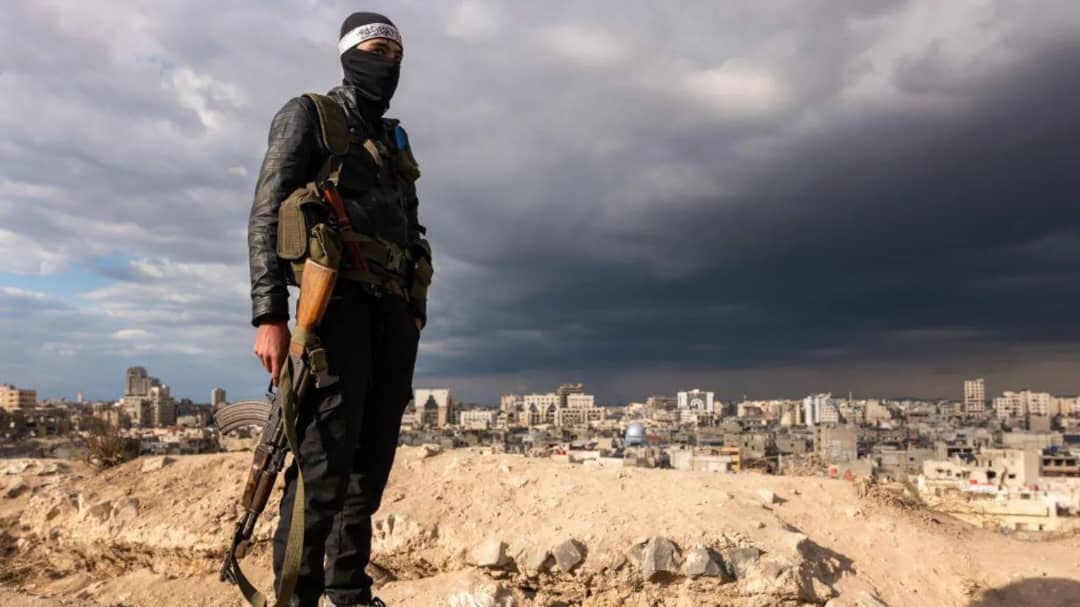
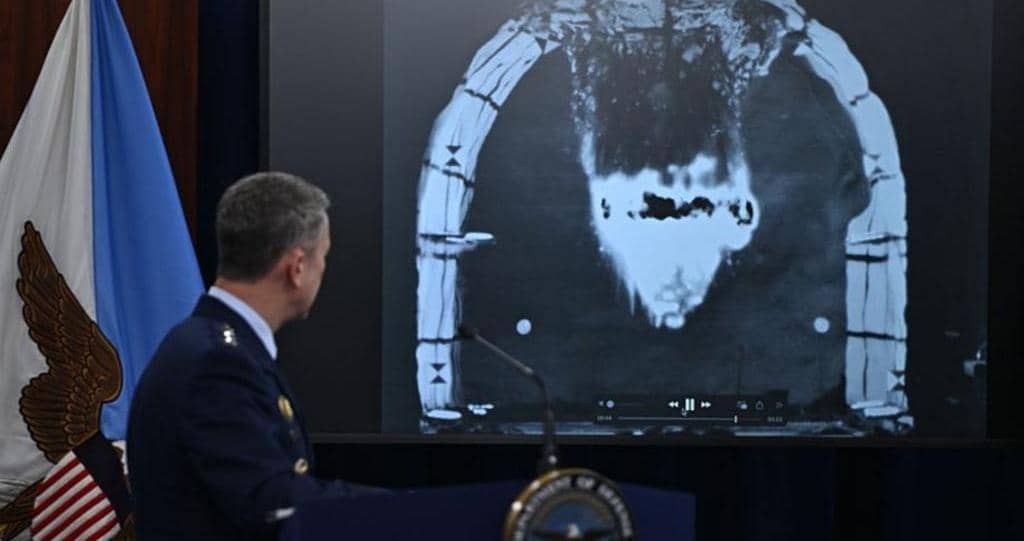



0 Comment(s)